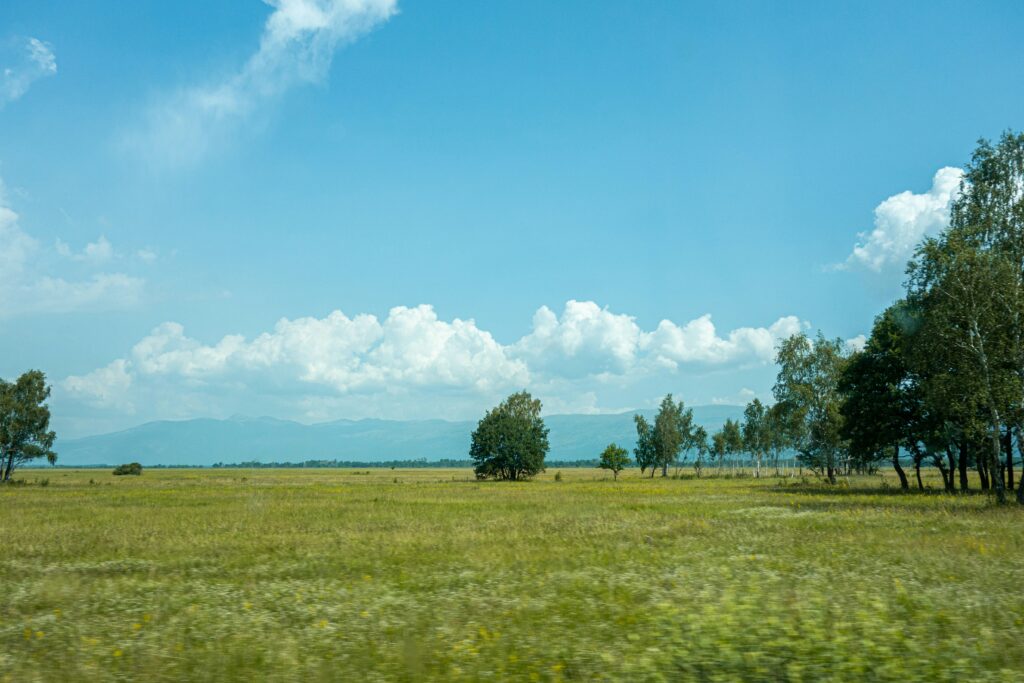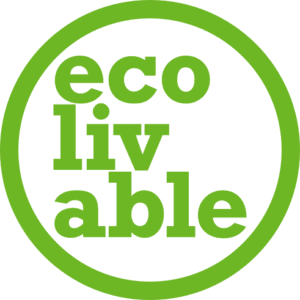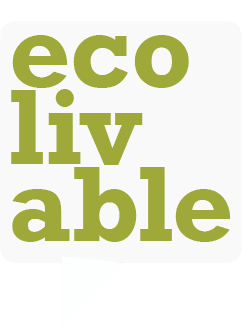Financing off-grid property is one of the biggest hurdles for people who want more freedom, fewer regulations, and a lifestyle that puts independence ahead of bureaucracy. Unlike buying a suburban home with a bank-ready parcel, off-grid land rarely fits neatly into conventional loan requirements. But that doesn’t mean it’s impossible to finance. In fact, when you understand the right methods, financing off-grid property can be far easier than most people expect.
The truth is simple: the easiest, safest, and most stress-free way to buy off-grid land is to pay cash. Cash eliminates interest payments, avoids bank approval, and removes the hoops associated with loans, zoning reviews, and property appraisals. But cash isn’t always an option for everyone, especially with land prices rising. Fortunately, there are several ways to finance off-grid land that don’t involve dealing with traditional mortgage lenders at all.
This guide breaks down the most accessible, realistic methods to finance off-grid property today—focusing on owner financing, land contracts, private lending, and strategic ways to find property you can afford outright.
1. Why Cash Is the Best Way to Buy Off-Grid Property
Paying cash is by far the strongest and simplest option. Off-grid parcels often have irregular features—no utilities, rough access roads, unconventional shapes, or remote locations. Banks hate this. They want predictable, conventional suburban parcels. Cash completely sidesteps these obstacles.
Advantages of paying cash:
- No credit checks, no denials, no underwriting delays
- Sellers often accept lower prices for cash buyers
- Cash purchases close quickly
- You own the land free and clear with no lender restrictions
- No risk of loan calls or early payment penalties
If you can save up and buy a piece of land outright, you are in the strongest possible position. For many, this approach requires being flexible on location, on acreage, or on amenities, but it is still the single most reliable method for acquiring off-grid land.

2. Owner Financing: The Easiest Non-Cash Method
If paying cash is not an option, the next best solution is owner financing. This is when the seller acts as the bank and you pay them directly. No banks, no credit checks (in many cases), and minimal paperwork.
Why owner financing works well for off-grid land:
- Sellers understand the property better than banks do
- The land itself acts as collateral
- Terms can be flexible—down payment, interest rate, and repayment length
- Approval is fast because the seller decides, not a bank
Owner financing is extremely common in rural and off-grid markets. Many landowners purchased acreage decades ago at low prices and are willing to sell parcels using simple installment contracts. It’s one of the most popular and practical methods for buyers looking to escape the rigidity of the banking world.
Where to find owner-financed land:
- Rural MLS listings (look for “owner will carry” or “seller financing available”)
- Land-specific marketplaces such as LandWatch, LandFlip, and Land And Farm
- Craigslist and Facebook Groups for local off-grid or homestead communities
- Tax sale auctions and county surplus property lists
- Direct outreach to long-term landowners
One of the biggest advantages of owner financing is the low barrier to entry. Down payments can be as low as $1,000–$5,000 depending on the seller and the parcel.
3. Land Contracts and Contract-for-Deed Agreements
A land contract (also known as a contract-for-deed) is essentially a simplified version of owner financing. Instead of transferring the deed to you immediately, the seller keeps the deed until you finish paying. Once the contract is completed, you get the title.
Benefits:
- Minimal paperwork
- No bank involvement
- Simple monthly payments
- Often no credit requirements
- A good option for buyers with nontraditional income
This method is extremely common in the Midwest, Appalachia, and parts of the Southwest where land parcels are inexpensive, and sellers are accustomed to flexible deals.
4. Private Lending for Off-Grid Land
Private lenders are individuals who lend money informally without operating as banks. This may include:
- Friends and family
- Real-estate investors
- Local land flippers
- Hard-money lenders willing to loan against raw land
Private lending is a middle ground between banks and seller financing. Terms vary widely, but it can work when:
- You need capital quickly
- You want short-term financing to secure the land
- You plan to refinance or pay off the loan within 1–5 years
Interest rates are usually higher than traditional mortgages, but the approval process is much easier.
5. HELOCs and Home Equity Loans
If you already own a home with equity, a Home Equity Line of Credit (HELOC) is one of the quietest and most effective ways to buy off-grid land.
Why HELOCs work so well:
- Banks love lending against homes, not raw land
- The interest rates are lower than personal loans
- You can use the HELOC as cash to buy land outright
This method lets you bypass the hardest problem: banks often avoid raw land loans, but will happily lend against your existing house.
6. Personal Loans as a Last Resort
Unsecured personal loans from credit unions or online lenders can be used to purchase land. These:
- Require decent credit
- Have higher interest rates
- Offer fast approval and quick funding
They are rarely the best option, but they can bridge a short-term gap if you find a great deal and need cash fast.
7. How to Find Off-Grid Land You Can Actually Afford
Finding land is half the battle. Finding land you can afford is the other. Here are the most effective ways to locate affordable parcels suitable for off-grid living:
Look for counties with:
- Minimal zoning restrictions
- Low property taxes
- Larger rural inventories
- Low population density
- Agricultural or forest zoning categories
Search tools and strategies:
- “Off-grid land for sale” searches on nationwide platforms
- Rural property auctions
- County tax lien and surplus land lists
- Direct mail to landowners using public tax records
- Off-grid Facebook groups where private sellers often advertise first
States with consistently affordable rural land include:
- Arkansas
- Missouri
- Oklahoma
- Tennessee (rural counties)
- Northern Arizona
- West Texas
- Northern Maine
- Upper Peninsula Michigan
- Kentucky
- Wyoming (selected counties)
Pairing affordable regions with owner financing or cash purchases dramatically improves your chances of landing property without dealing with banks.
8. The Smartest Strategy: Combine Savings With Owner Financing
For many buyers, the most effective approach is hybrid:
- Save enough cash for a strong down payment
- Use owner financing for the balance
- Pay the land off early when possible
This method minimizes interest while keeping the buying process simple and fast.
Conclusion: Financing Off-Grid Property Is Easier Than You Think
Banks may dislike off-grid properties, but the off-grid community thrives because people find creative and alternative ways to buy land. Cash is always the top option, but owner financing and land contracts open the door for buyers who want freedom without relying on traditional lenders. By knowing where to look and using the right strategies, anyone can secure land for a homestead, cabin, or off-grid lifestyle—without being blocked by red tape.



